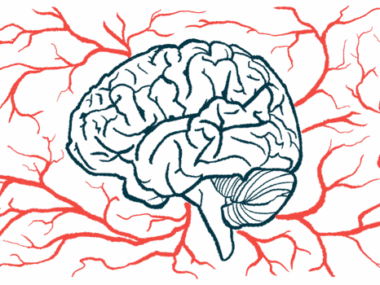Taysha Raises $95M to Help Speed Clinical Development of Gene Therapies
Written by |

Taysha Gene Therapies received $95 million in funding that will support the clinical development of its gene therapy program for neurological disorders that include Rett syndrome.
The gene therapy for Rett is called TSHA-102 and is one of 17 such treatments being developed by Taysha. All use a modified, harmless adeno-associated virus (AAV), which is commonly used as a gene therapy delivery carrier.
The funding, collected in a Series B round, will help the company in its plan to file multiple investigational new drug applications (INDs), mandatory for starting clinical trials in the U.S.
Taysha also plans to build a Good Manufacturing Practice-compliant facility to produce AAV vectors on a commercial scale, and to continue developing its gene therapy pipeline in partnership with UT Southwestern Medical Center in Texas.
“We remain on track and expect to file four Investigational New Drug (IND) applications by the end of 2021,” R.A. Session II, PhD, president, CEO, and founder of Taysha, said in a press release.
The company’s lead candidate is TSHA-101, which is being developed for GM2-Gangliosidosis, a rare disorder of the central nervous system, which is comprised of the brain and spinal cord. Clinical studies of TSHA-101 are expected to start this year, with TSHA-102 — for Rett — next in line. The other two indications with planned INDs are SLC6A1 haploinsufficiency disorder, a condition that causes seizures, and SURF1 deficiency, an inherited mitochondrial disorder.
Overall, Taysha aims to find treatments for neurological diseases caused by mutations in a single gene, called monogenic disorders. The company has exclusive options to buy four more programs in neurodegenerative and neurodevelopmental diseases, as well as genetic forms of epilepsy.
The financing round was led by Fidelity Management & Research Company, with the support of multiple new investors, including BlackRock, GV (formerly Google Ventures), Invus, Casdin Capital, Franklin Templeton, Octagon Capital, Perceptive Advisors, Sands Capital, ArrowMark Partners, and Venrock Healthcare Capital Partners.
Founding company investors PBM Capital and Nolan Capital also participated in the financing series. Notably, Nolan Capital is the investment fund of Sean Nolan, former CEO at AveXis (a Novartis-owned company) and currently chairman of the board of Taysha.
“We have brought together experts in gene therapy with leading healthcare and institutional investors to create a company that is uniquely positioned to advance the development of potentially curative gene therapies for CNS disease in rare and large patient populations,” Nolan said.
“We believe this financing provides significant validation of our corporate strategy and will enable us to continue to rapidly translate programs from preclinical development into the clinic,” he added.
“This significant investment from premier, long-term investors will allow us to advance our mission of eradicating monogenic CNS disease for the thousands of patients who suffer from these devastating disorders,” Sessions said.





